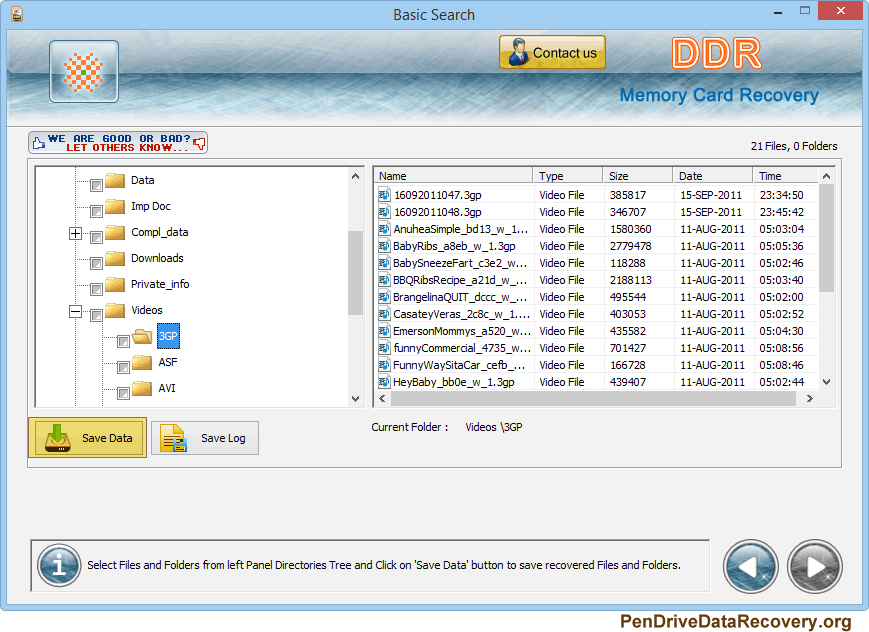
ryankopf
Members-
Posts
6 -
Joined
-
Last visited
Everything posted by ryankopf
-
So when I teach Japanese, I like people to learn a lot of vocabulary BEFORE they learn hiragana. Firstly, vocabulary is an essential aspect of language learning, and the more words and phrases a learner knows, the better they will be able to understand and communicate in the language. By introducing learners to a variety of Japanese words and phrases before they learn hiragana, the person I'm teaching can start building a foundation of vocabulary knowledge that will be useful when they start reading and writing in the language. Secondly, hiragana is a writing system used in Japanese to represent syllables and phonetic sounds. It consists of 46 basic characters and is usually taught to beginners after learning basic vocabulary. However, for learners who are new to the language, hiragana can be a daunting and overwhelming task to learn. By focusing on vocabulary first, learners can ease into the language and gradually familiarize themselves with the sounds and patterns of the language before diving into the complex writing system of hiragana. Furthermore, teaching vocabulary before hiragana can help learners to associate words with their meanings and pronunciation, making it easier to remember them. The biggest reason I think is that vocabulary is more fun to learn and more sticky memory-wise than a bunch of unfamiliar characters.
-
I think there's lots of ways to learn a language from ChatGPT. I even created a language learning app with ChatGPT in just a few hours. It was not very hard. You can also just chat with it directly to learn a language. ChatGPT can help you learn new words and phrases in context, correct your grammar and pronunciation, and provide feedback on your writing skills. It's wild, like talking to a real native speaker.
-
Word Sponge is a language learning tool that many language learners have found helpful in their journey to acquire new vocabulary. It is a browser extension that works in the background as you navigate through different web pages, providing translations of unfamiliar words or phrases from your native language to your target language. https://vocal.media/futurism/you-can-learn-a-language-just-with-a-browser-extension-and-no-practicing One of the key advantages of using Word Sponge is the ability to learn vocabulary in context. This tool allows you to see how words are used in real-life situations, making them easier to remember and apply in the right context. Another benefit is the customization of the extension to your proficiency level and target language preferences. By doing so, you can receive relevant suggestions that align with your learning goals. https://thewordsponge.com/ Furthermore, Word Sponge can help you learn new words and phrases that are specific to the areas that you are interested in. For instance, if you enjoy cooking, it can help you acquire culinary terms by browsing through recipe blogs and cooking websites. Currently, Word Sponge supports five languages: German, French, Hindi, Spanish, and Japanese. Best of all it's free (no subscription or anything).
-
How would you design a language learning app?
ryankopf replied to paddy's topic in Language Study Apps
For me the most important thing is that it's easy to come back to if I get too busy to use it for a month. -
I think Memrise is probably the best app for memorizing vocabulary.

